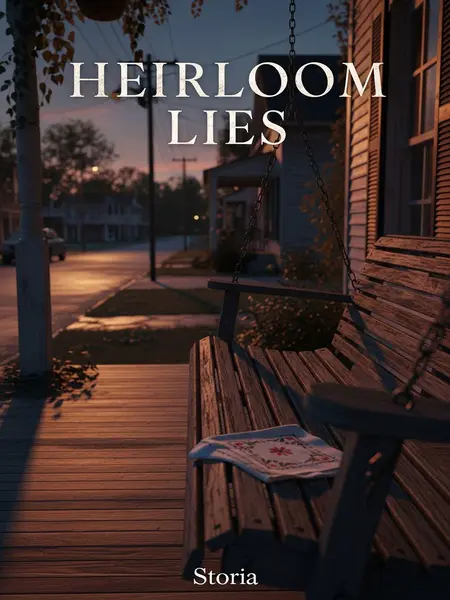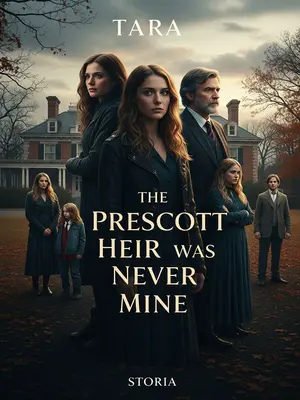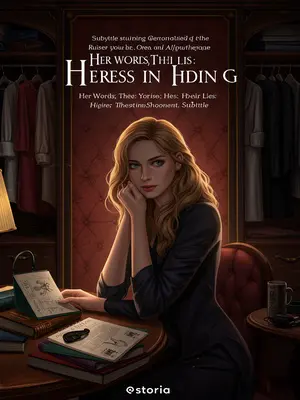Chapter 5: A New Kind of Belonging
I booked a plane ticket. I scrolled through flights at midnight, settling on a one-way ticket that left at dawn. No one knew where I was headed—not even me, really.
Six hours in the air, then three hours by car, and I made it back to a small town in southern Georgia. The airport was crowded, full of families and college kids heading home. I rented a beat-up Chevy and drove past fields and peach stands, windows rolled down, letting the summer air and humidity wash over me. The air was thick with humidity, cicadas screaming as I unlocked the cottage door.
They say that when people get old, they want to go back to their roots. But honestly, someone with no home probably misses their hometown even more. There’s a certain ache that comes from missing a place that barely remembers you. I felt it the minute I crossed the county line.
Even if there’s no family left there. The house I grew up in was gone—sold years ago. But I drove by it anyway, just to see the yard where I’d learned to ride a bike.
I rented a little cottage on the edge of town. The landlord gave me a worn key and directions to the nearest grocery. The cottage was tiny, but it had a porch swing and a patch of wild roses.
The local accent sounded both familiar and strange. I’d left when I was young, and had lived in Chicago ever since. Hearing the thick drawl at the corner store was both comforting and jarring. It took me a minute to remember how to order sweet tea the right way.
My words sounded clipped and northern, drawing curious looks from the cashier. But I didn’t mind—I was starting over.
Luckily, my neighbor next door was also from out of state, though he’d gotten here before me. He introduced himself over the fence, friendly and easygoing, with paint-stained hands and a laugh that traveled across the yard.
That day, when I was buying groceries, I couldn’t understand the older lady’s accent, and he helped me out. He stepped in, translating with a grin, and paid for my cornbread mix when my card glitched. “Small towns, huh? Gotta love ‘em,” he joked.
The next day, I made cornbread to thank him for his help. I dropped off a plate with a note—"For saving me from a biscuit crisis." He returned the dish scrubbed clean and a thank-you sketch of my cottage tucked inside.
Only then did I learn he was an artist here looking for inspiration. He showed me his sketchbook, pages filled with landscapes, barns, and curious townsfolk. “I figured I’d find myself here,” he said, tapping the cover.
He looked like he’d just graduated college, full of energy and dreams. His eyes sparkled with possibility, every conversation bursting with plans—exhibitions, road trips, backpacking through the Smokies.
I’d always felt ancient—worn down by Langley expectations. But now, I could feel a flicker of youth, as if it hadn’t been lost for good.
Derek’s world required grown-up masks and perfect posture. Here, I could be clumsy, spontaneous—even silly, if I wanted.
I made weekly trips to the farmers market, picking out whatever was in bloom. The yard slowly filled with color, neighbors pausing to admire my handiwork. I found a rocking chair at a yard sale—worn, but sturdy—and painted it bright turquoise, my first real stamp on the place. It was simple, but it was all mine.
No one could tell me where to sit, what to plant, or how to behave. I drank my morning coffee out there, watching the sun rise.













